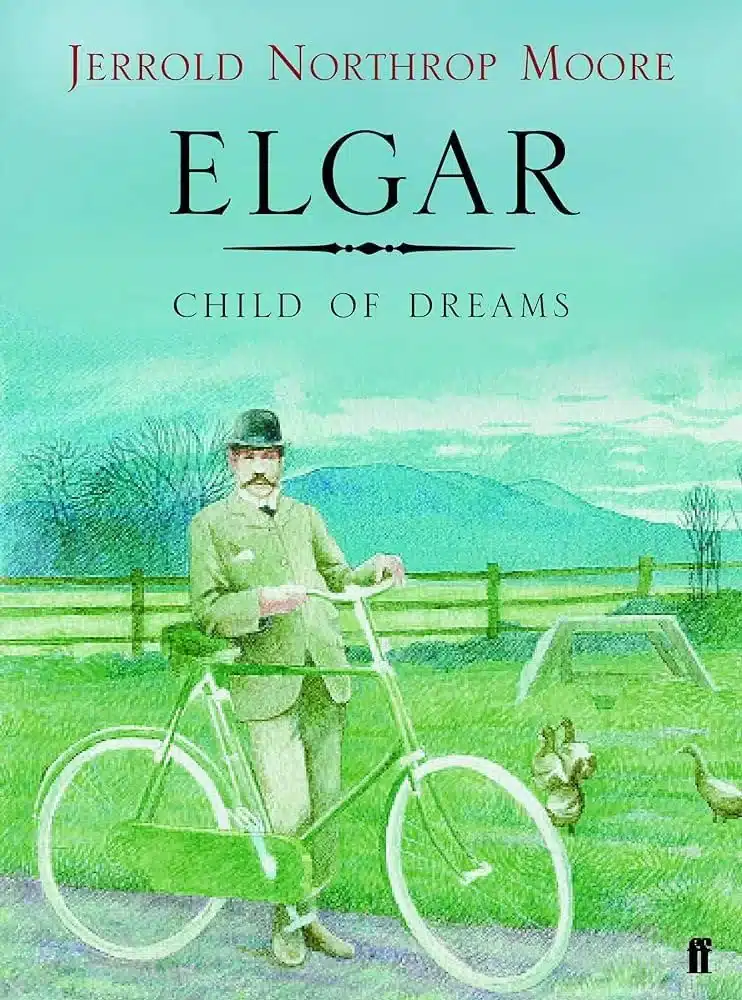Death claims an Elgar legend
RIPThe passing of the passionate Elgar researcher Jerrold Northrop Moore lays to rest a glorious adventurer in self-fired musical research.
Jerry, whom I knew well some years back, came to England for the Three Choirs Festival in 1954, met survivors of Elgar’s circle including his daughter Carice, and devoted the rest of his life to exploring the composer’s essence. His monumental biography, Edward Elgar: A Creative Life, may never be surpassed.
It was no easy task. Jerry arrived in a post-imperial society that associated Elgar with the pomp and circumstance of a lost Arcadia. He recontextualised the composer as an uncomfortable outsider – a small-town Roman Catholic who married into a military family, out of his class, a man who wore cloaks of many colours to disguise his essential unbelonging.
Jerry envisaged Elgar as a lonely man of little faith. The confidence that boomed from his two symphonies was not what it seemed. The friends he commemorated in Enigma Variations were not, on the whole, intimate. Elgar, like every person blessed with great gifts, stood alone, unconnected, unknowable.
Jerry perceived that isolation and applied his whole life to analysing the man and the work in around a dozen published volumes. An American in England, he adopted Elgarian mannerisms, eccentricities and bluster to mask his deep shyness. Elgar was his vocation, his faith, his surrogate in art. If Elgar speaks to us today, it is largely through the troubled personality reconceived by his dogged, dedicated American biographer.
Jerry died on May 18, aged 90.







Comments